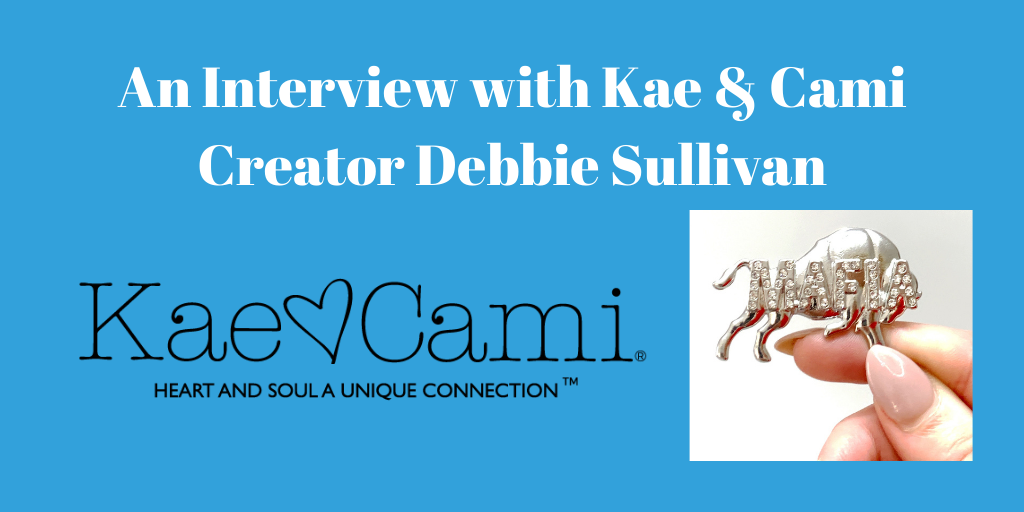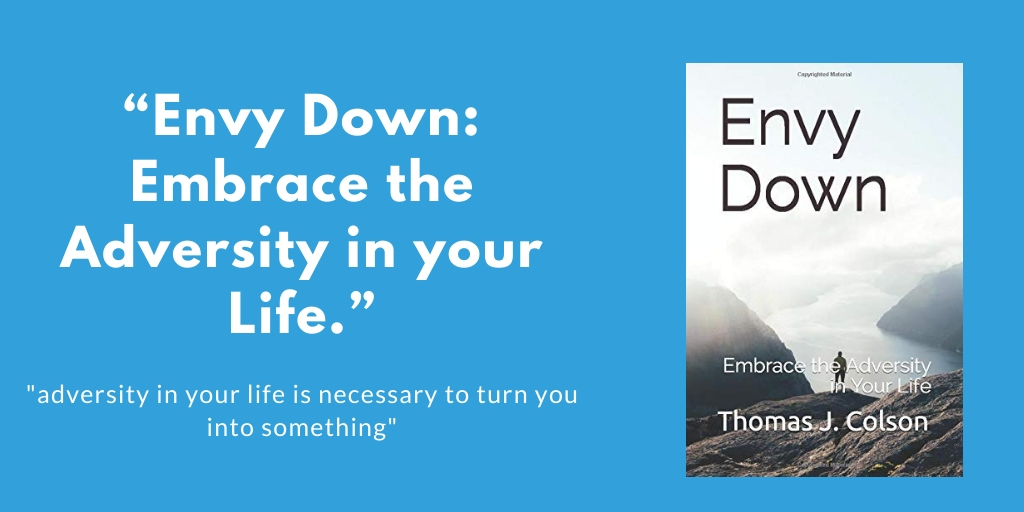Interview with Nathan M. Robertson
Here are some thoughts about intelectual property from Professor Nathan Robertson, who teaches Copyright at the University of Maryland School of Law.
Here’s a little more information about Professor Robertson and his views on Copyright:
- How did you become interested in Copyright Law?
I’ve been interested in copyright for the entirety of my career. As a librarian, and as someone who has dedicated my career to making information resources available to the public, I’ve been very interested in the monopoly rights that copyright law grants to creators.
The monopoly certainly offers an incentive to create works for the advancement of knowledge, but the monopoly can also deny the public access to those works, sometimes inappropriately. So it’s been a long standing career interest of mine.
- What are your current views on Copyright Law?
That’s an interesting and challenging question. I believe strongly in the United States’ constitutional justifications for the existence of copyright. Under the constitutional mandate, the copyright monopoly is only justified to the extent that it incentivizes creators to create, for the ultimate public good. So I don’t feel like the copyright monopoly is inherently a bad thing.
However, the interests of the general public have not always been well served by Congress’ decisions over the past 200 years regarding the scope and duration of copyright protections. There is a very strong incentive for copyright owners to lobby in favor in extending copyright protections to expand their monopoly. Conversely, there are limited incentives for the general public to lobby against copyright extensions.
Each member of the public suffers only a minimal individual cost to pay for the copyright monopoly, even though the aggregate costs to the public are very high. So all the lobbying comes from one side, or at least that has been true in the past.
- Which areas of Copyright do you feel is strong and well settled?
I’m not sure that anything in copyright law is particularly well settled! That’s due in part to the fact that although 17 U.S.C. § 106 grants extensive exclusive rights to copyright holders, all those rights are subject to the myriad exceptions in 107-122, among them, most notably, fair use. Fair use is “not to be simplified by bright line rules” and so each individual analysis is drawn on a case by case basis and is necessarily subjective. Although many areas are conceptually well settled in terms of what the law is, the application of the law to any given set facts can be fraught with difficulty.
- Which areas of Copyright do you feel that can be improved?
In terms of policy, copyright duration is a real problem.
Copyright protections for 70 years after the death of an author or 95 years in the case of corporately authored works is much too long.
Such a long duration can’t conceivably provide any incentive for the author to create in the first place. No rational person thinks that far ahead in terms of deciding of whether or not to invest in an activity.
The excessively long duration only serves to provide an unearned windfall to those authors’ heirs (or, in most cases, corporate assignees) who are lucky enough to own a copyright that is still lucrative a hundred years later. Their windfall is paid for with a pronounced disadvantage to the public, who are paying monopoly rents to the heirs of long-dead authors. Not to mention the problem with orphan works: a potential user knows that copyright still exists in any given work, but identifying who that copyright owner might be 50 or 60 years after the creator’s death can be very difficult.
- Do you have any suggestions or advice you would give to students interested in a career in Copyright?
The advice I would give is students interested in any pretty much any career is to network. It’s amusing because of course that’s what you hear from everyone, but that’s because that’s what works. Get to know the people that are in the areas that interest you. They may or may not have a job opportunity for you, but they may have colleagues who do. So go to events, get involved, meet people, talk about your interests. If it’s something that interests them as well, they would be delighted to talk about it, and that’s where opportunities arise.
What are your thoughts on the current status of Copyright? Tell us what you think with a comment below.
Want more Copyright? Here’s a video on Copyright Registration:
Get Started Today! Do you need to file a copyright click here.
Does this article interest you? Subscribe to the LoTempio Law email newsletter to receive posts and updates just like this conveniently in your email box!
If you’ve enjoyed this blog post, we have lots more where this came from, including an Inventors Guide Video Series where we help you turn your good idea into a profitable invention, and tons of other great content. Simply enter your email address and hit sign up and you’ll get everything, including blog posts like these, conveniently in your email box!
Have any questions? Give us a call at 1-800-866-0039. Consultations are FREE.
Disclaimer: This article is not intended to be legal advice and is meant to be for educational or entertainment purposes only. The article and its contents may not be used without permission. For legal advice and questions, please contact registered Patent Attorney Vincent LoTempio.



